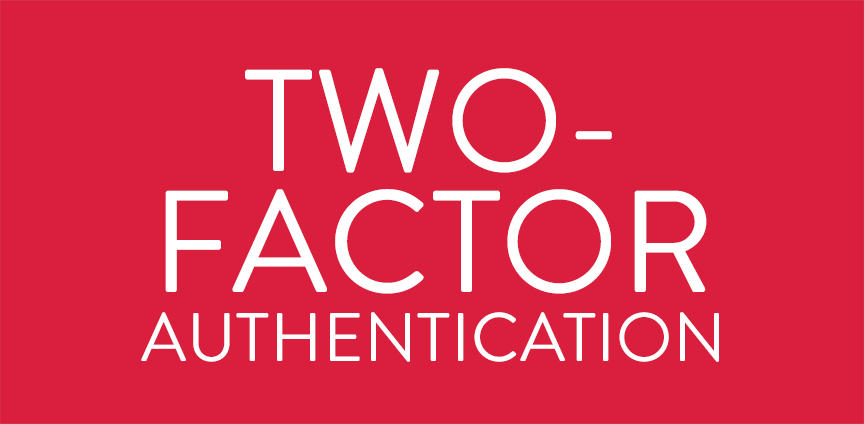
Last week I received word (from my mother of all people) that my personal email account was spamming my contacts. Not exactly great news when the majority of your contacts are people you’ve spoken with solely on a professional level. As a security measure, I immediately changed my password to the most random thing I could think of. Then I was prompted by my gmail account to try two-step verification for more security. This authentication system sends a different 5 digit code to my cellphone each time I want to log in to my email account. As you can imagine, it’s a bit more of a hassle. But I’d definitely suggest it for people with sensitive information online, which is pretty much everyone these days.
Many people, including myself before this incident, don’t realize the information they provide for security questions have answers that can be found on their social media profile or in their personal email account. Your mothers maiden name, high school mascot, or former address are tidbits of information that are all too easy for hackers to find on the web these days. Unfortunately, many people don’t think to secure the places this information can be found as intensely as they should.
For those people using programs like Netsuite that offer a secondary security question option, we recommend creating a nonsense answer for the best protection. This way, there is no link to the real information because the information itself is not real. What’s your mother’s maiden name? P. Sherman 42 Wallaby Way, Sydney.
If you prefer to use a bogus alternative email account to hold login information, we recommend using the text verification provided by gmail, or other secondary security settings offered by your email provider. Although it may not be your most-popular email account, it needs to be tightly secured because it contains all of the information hackers are looking for. If you’re uncomfortable with this option, there are also password managers that will store and maintain complex passwords so you don’t have to remember X4!qT*5D3 off the top of your head.
Lastly, even with these extra security measures, it’s important to remember that you should never assume your information is 100% safe. Don’t lose sleep, but it can’t hurt to check your bank accounts, credit card statements, etc every now and again to make sure there’s no funny business going on.
Don't Fall Behind!
Get the latest work-from-home and Humans First® IT tips straight to your inbox.